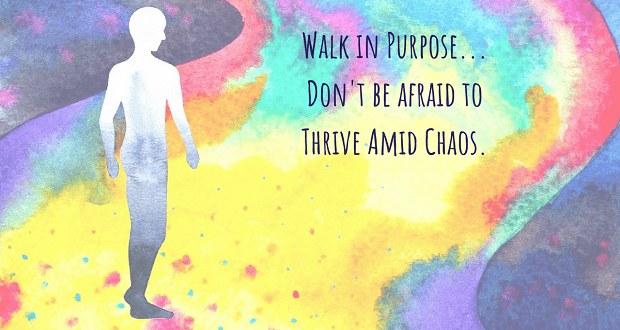
As we know, DEI work is complex, can be polarizing, and, I would add, delicate. This is why I feel strongly that we must assess learners’ readiness and take a developmental approach. The risk of shutting down the opportunity for learning is high when we don’t consider the learner’s capacity to comprehend and process certain concepts.
The risk of shutting down the opportunity for learning is high when we don’t consider the learner’s capacity to comprehend and process certain concepts. Share on XI encountered a situation about 15 years ago where a client representative insisted that her leadership team was ready to have deep discussions about racial injustices, even though they had not done any previous DEI work. She was eager to take a direct, “in your face” approach to teach the all-white leadership team about their own racism. They needed to “get it,” she said. She wanted to skip any assessment work such as the Intercultural Development Inventory (IDI) that would have helped us better understand the team’s readiness. My client disagreed with my strong caution that this content may not be appropriate for the leaders’ first experience. The work that I did not do at this point in the process was politely step away from this opportunity. I decided to proceed in hopes that we could design the session in a way that would achieve the client’s goals and still consider readiness.
Well, that did not happen. In my desire to please the client, I agreed to co-design and co-facilitate content around race and racism that was not well received at all. She had learned a technique from another consultant where you start the session with an assertion that all white people are racist. She thought this would get their attention and then we could go on to show how, as the dominant group in power, they were complicit in perpetuating a racist system. Participants were immediately defensive and protested any suggestion that they could possibly have a racist bone in their body. After all, “they had black friends,” and “served on community boards that focused on improving the lives of people of color.” One participant even mentioned that his daughter had dated a black school mate.
As the co-facilitator, I could have stepped in sooner and refocused the discussion on systemic ramifications of race in this country—steering it away from them feeling personally attacked. By the time I tried to do that, it was already too late. They were not going to listen to anything else. I did not want to damage the reputation or credibility of the client who was trying to make headway with DEI at the company. I felt like I was in a no-win situation. If I stepped in too soon, it would look like I was correcting her, and she would certainly lose credibility. We got through the 2-hour session, but it was painful, to say the least.
I was wrong to take on the assignment if the client was not willing to take my advice. After all, she had hired me as an expert in the field. I was wrong not to have stepped up sooner to try to “save” the session from spiraling downhill because in the end, I too lost credibility as the co-facilitator.
The lesson I learned from this experience is that I must stay true to my own convictions about doing this work in a developmental way; even though it may be risky, it is my responsibility to be authentic and embody my truths.
I must stay true to my own convictions about doing this work in a developmental way; even though it may be risky, it is my responsibility to be authentic and embody my truths. Share on X

















